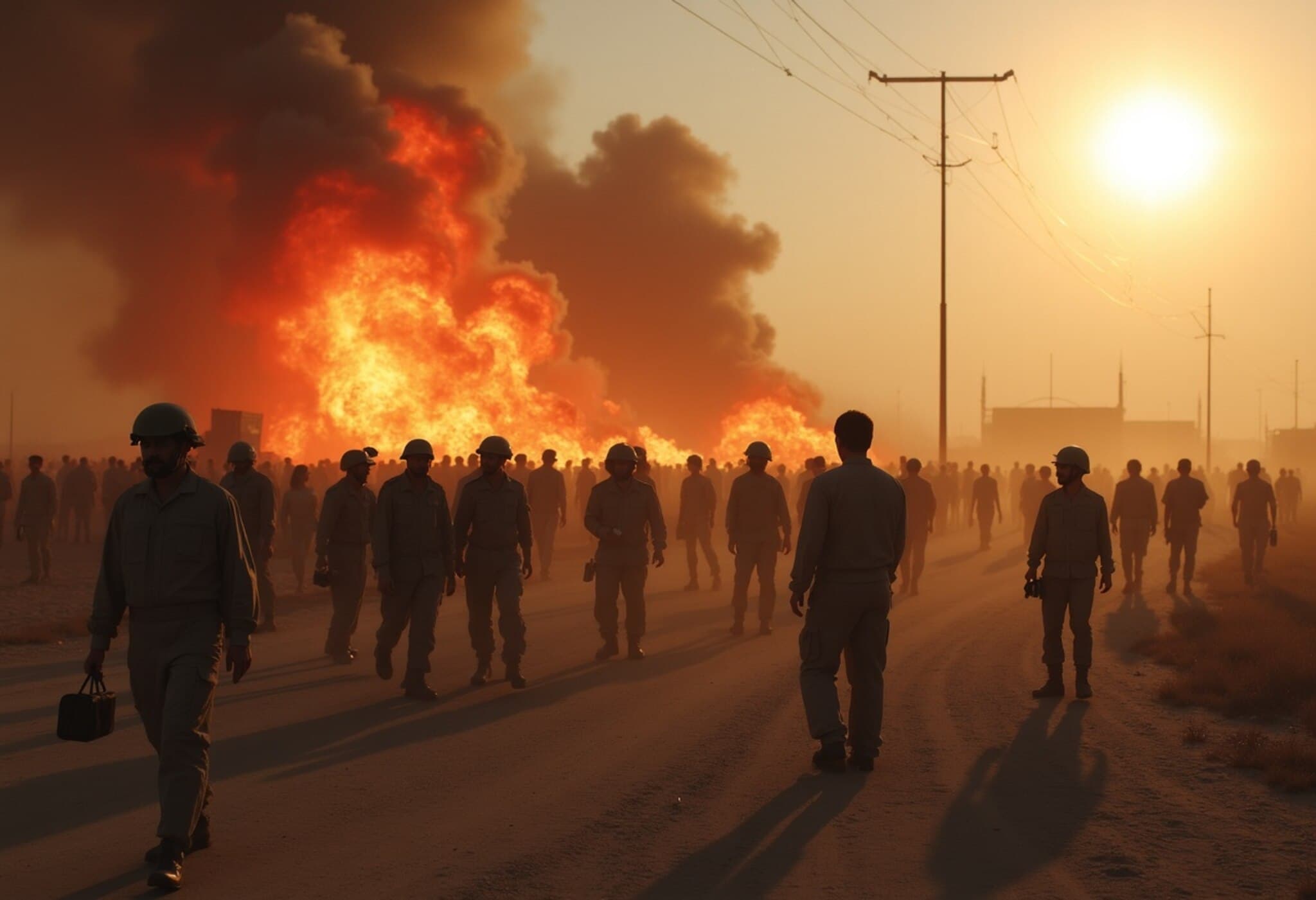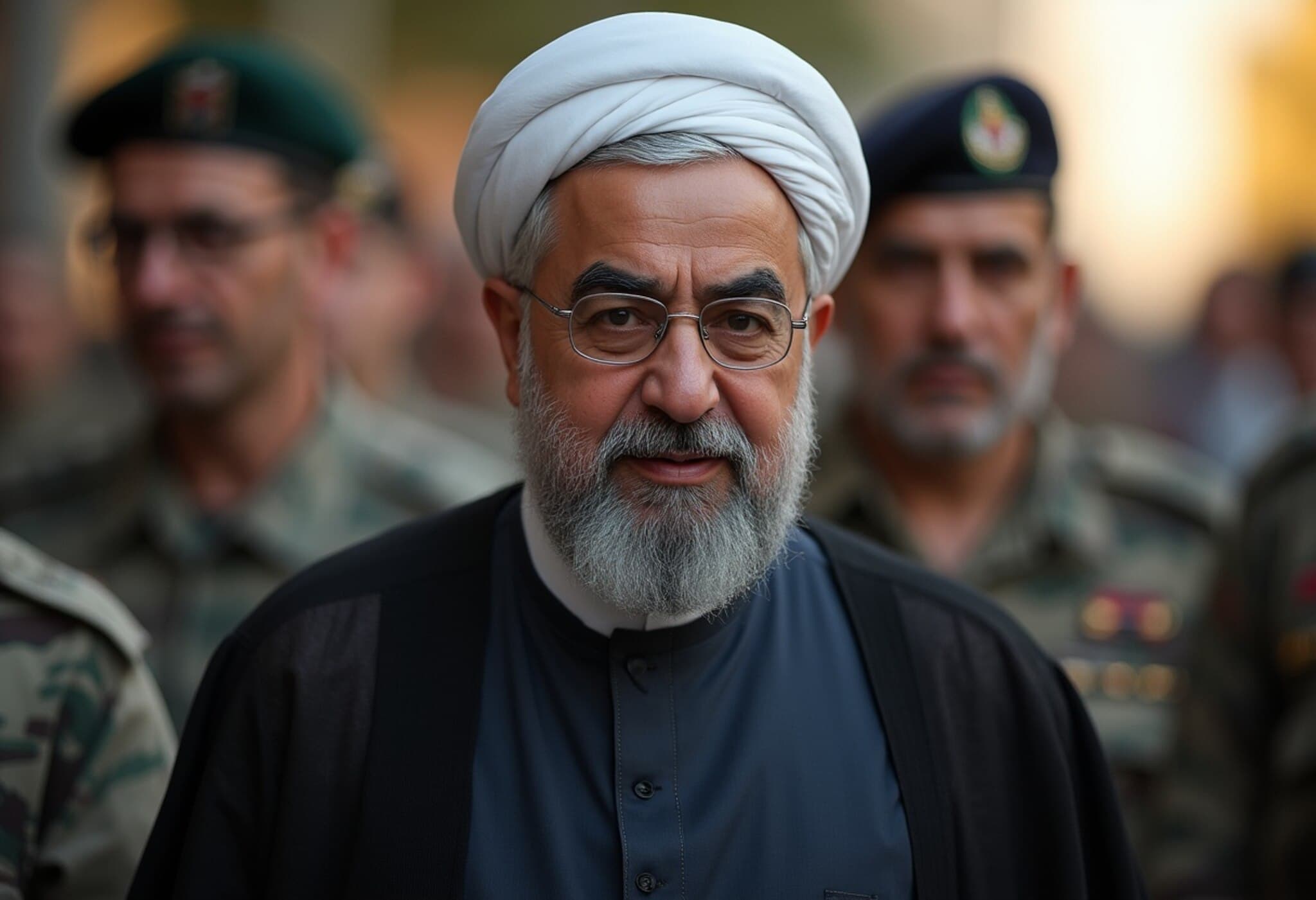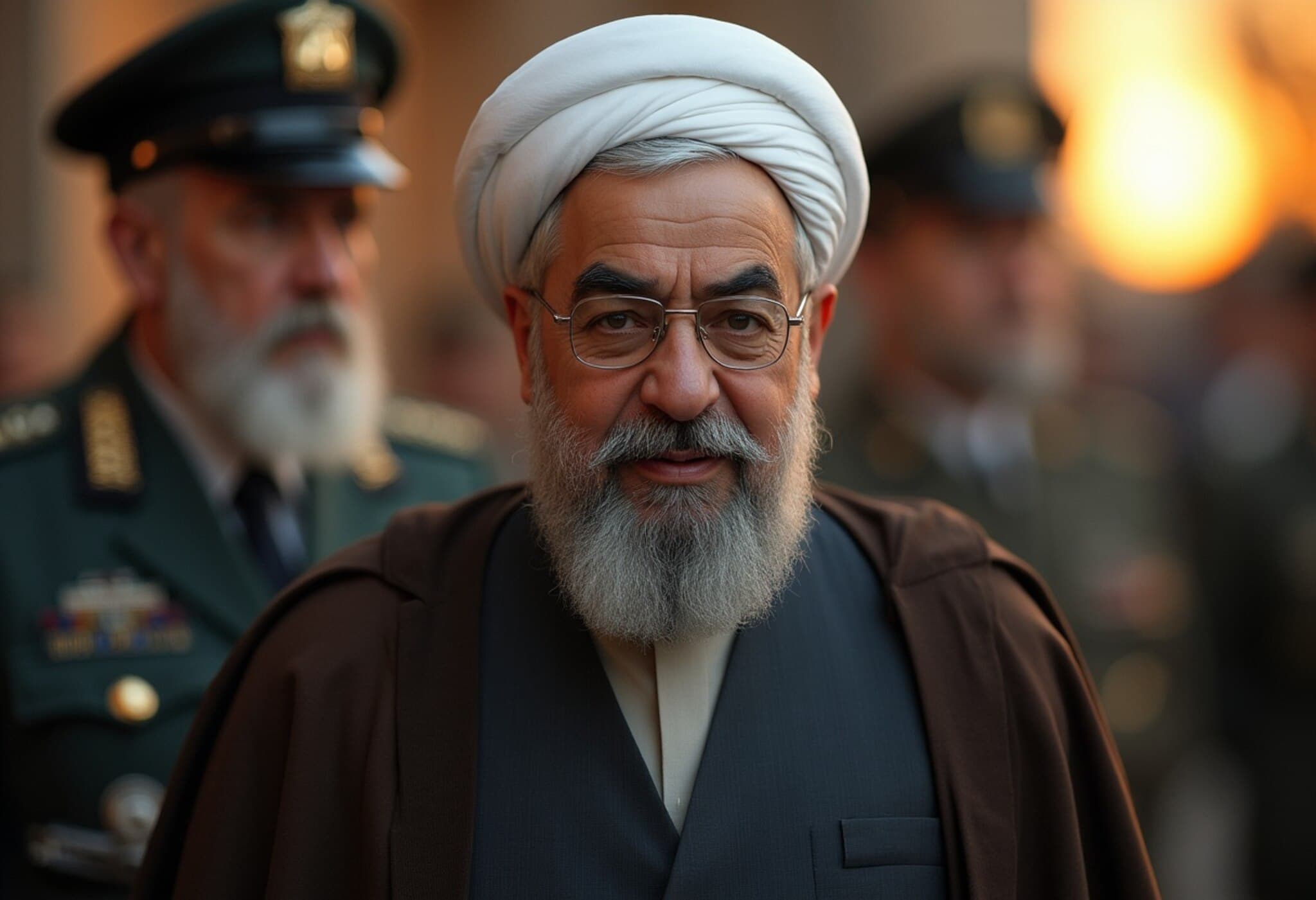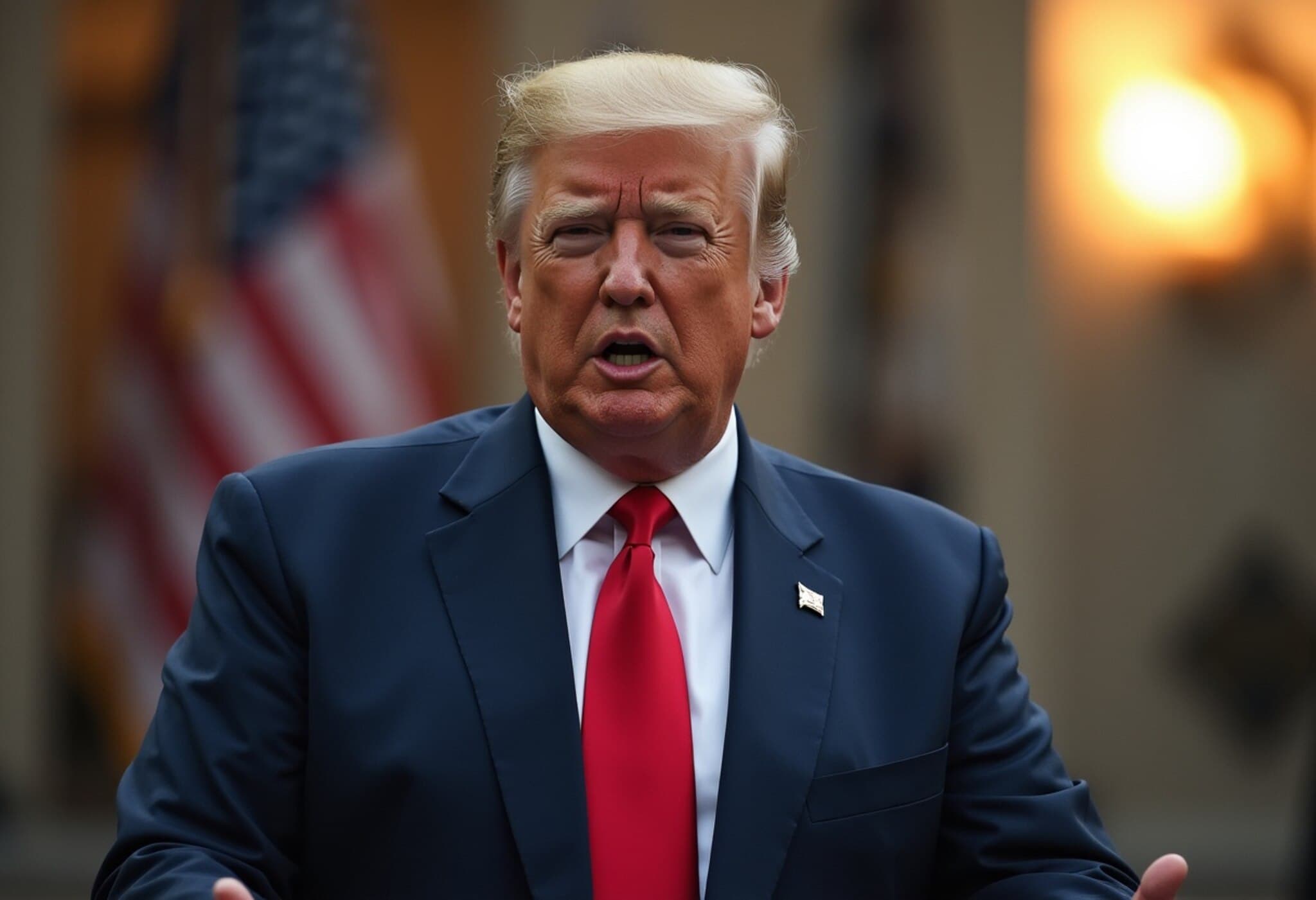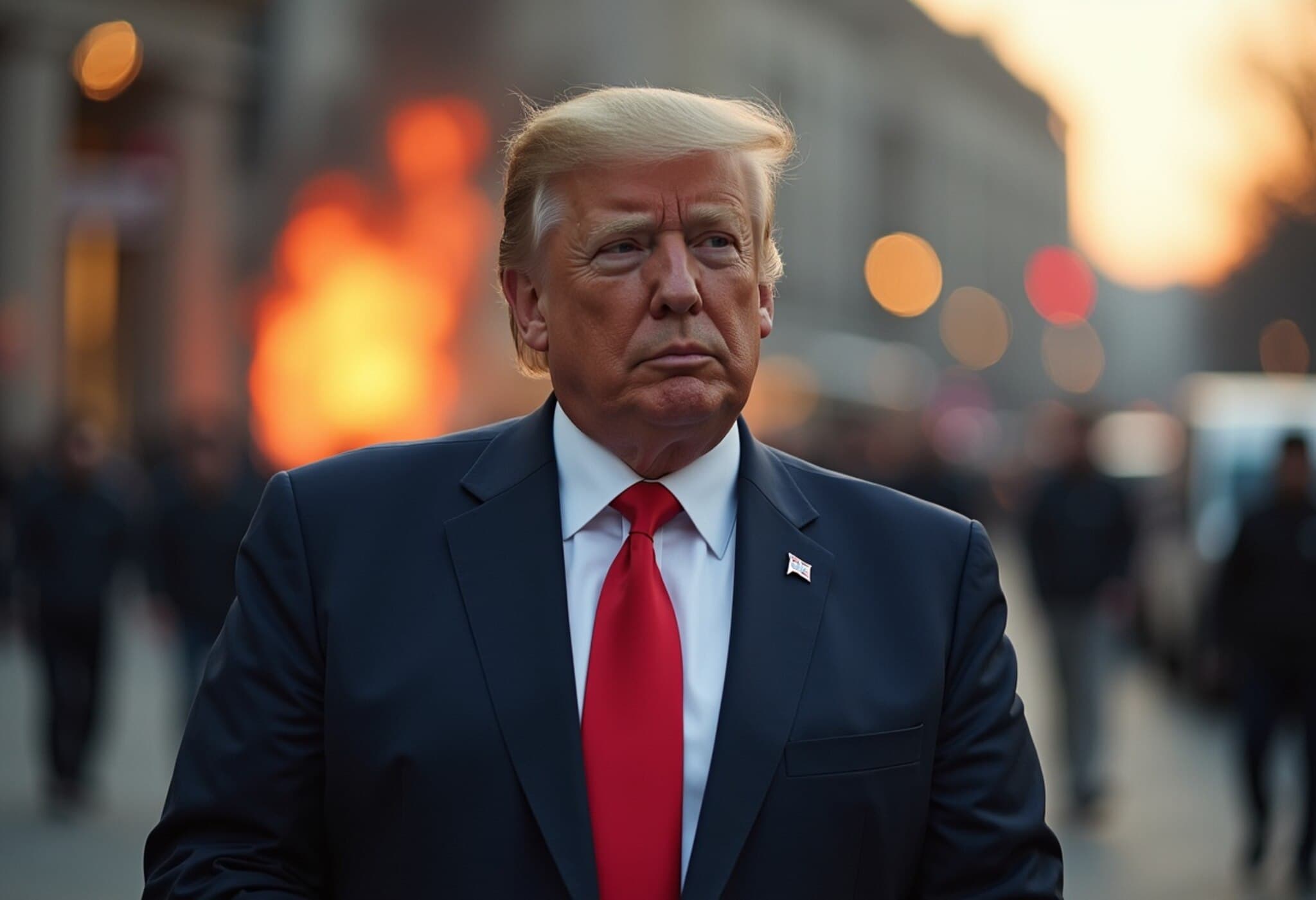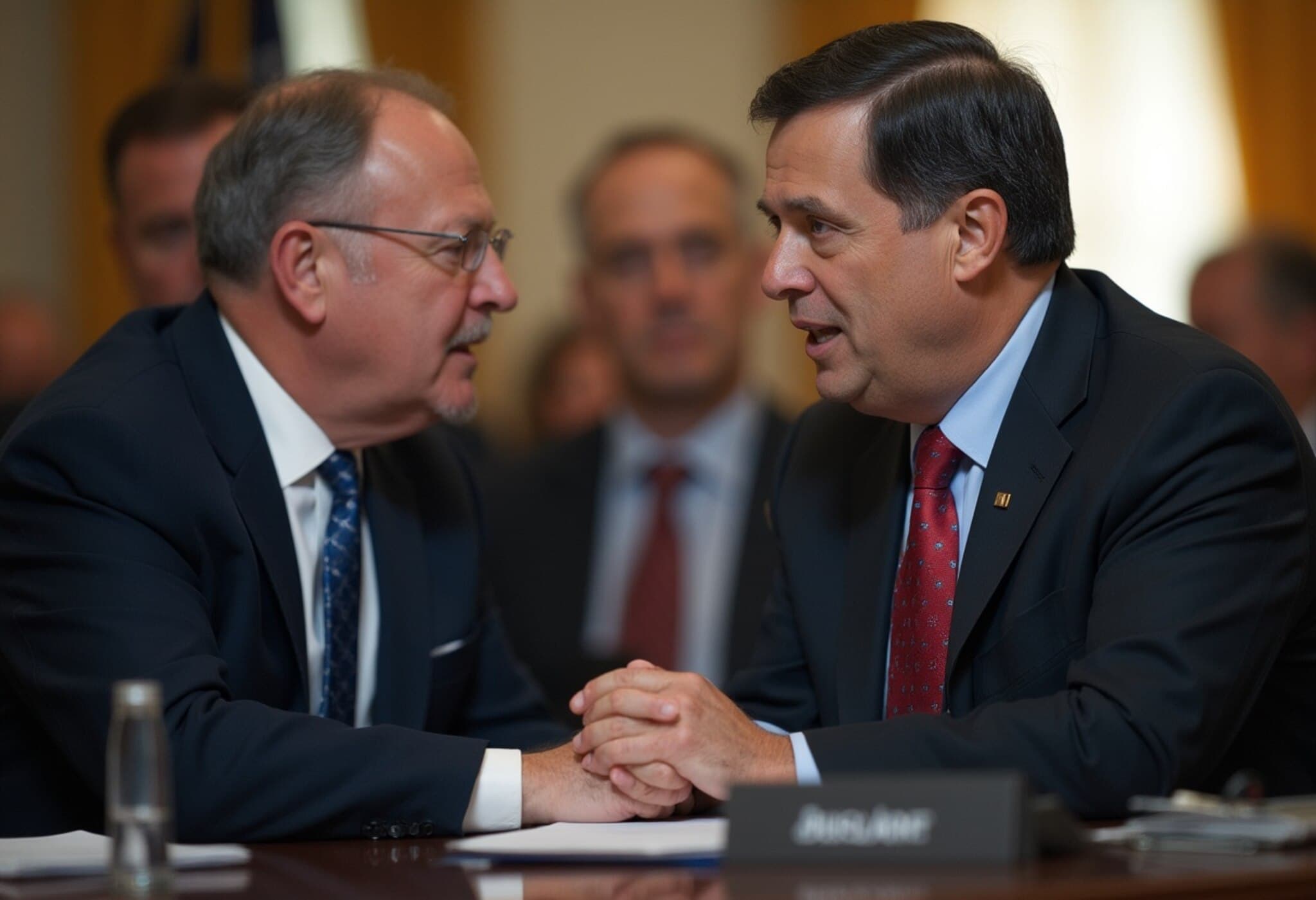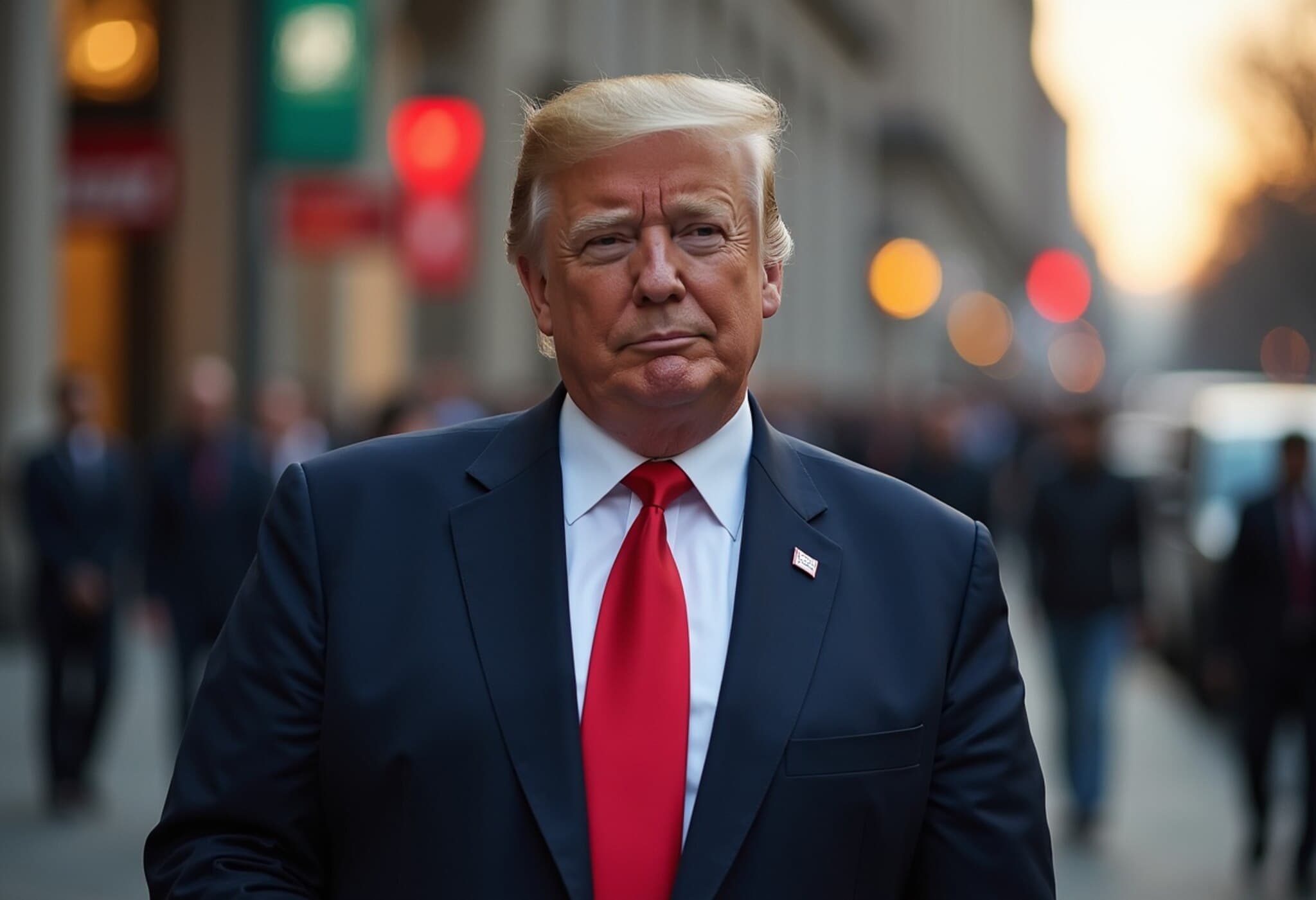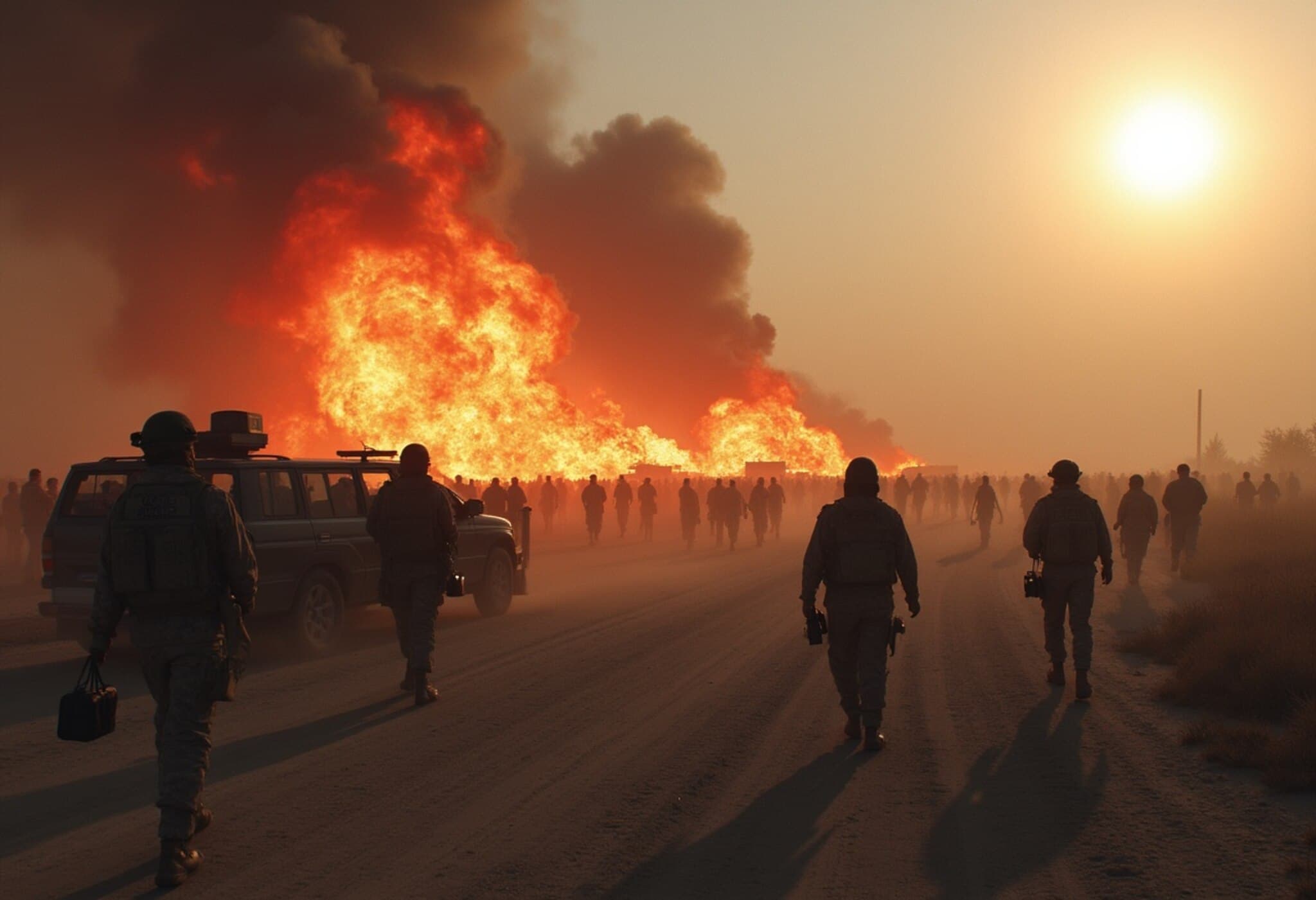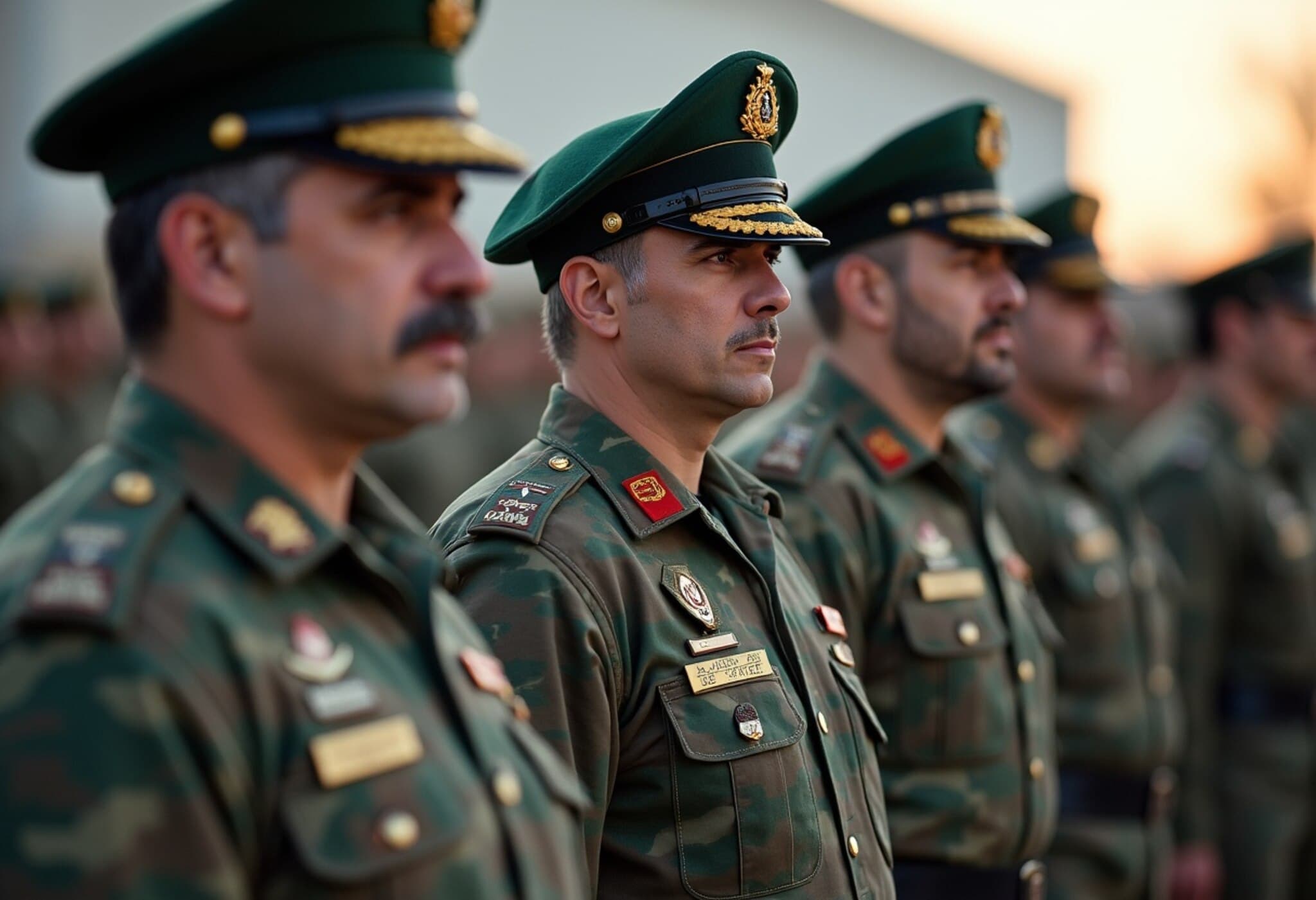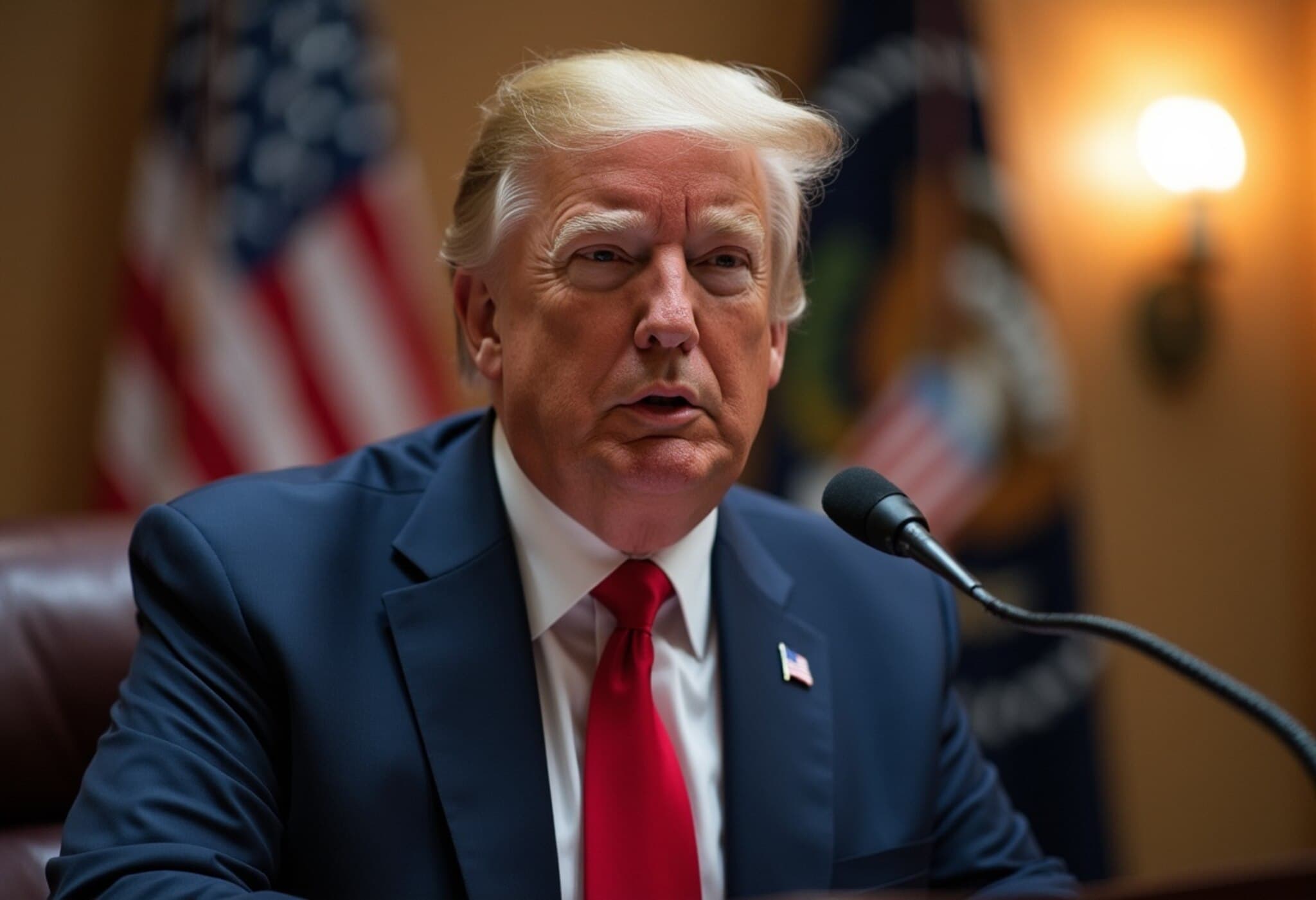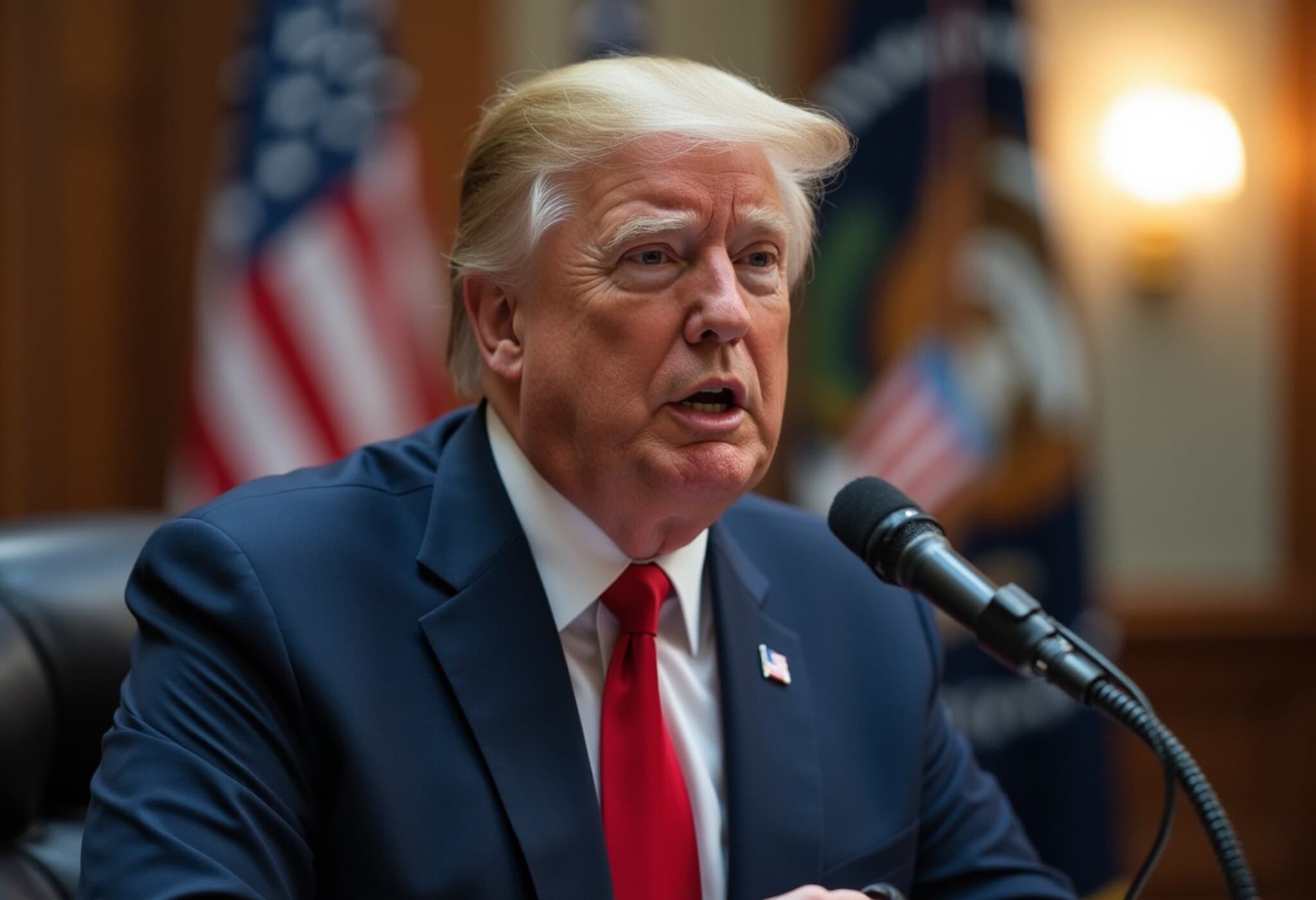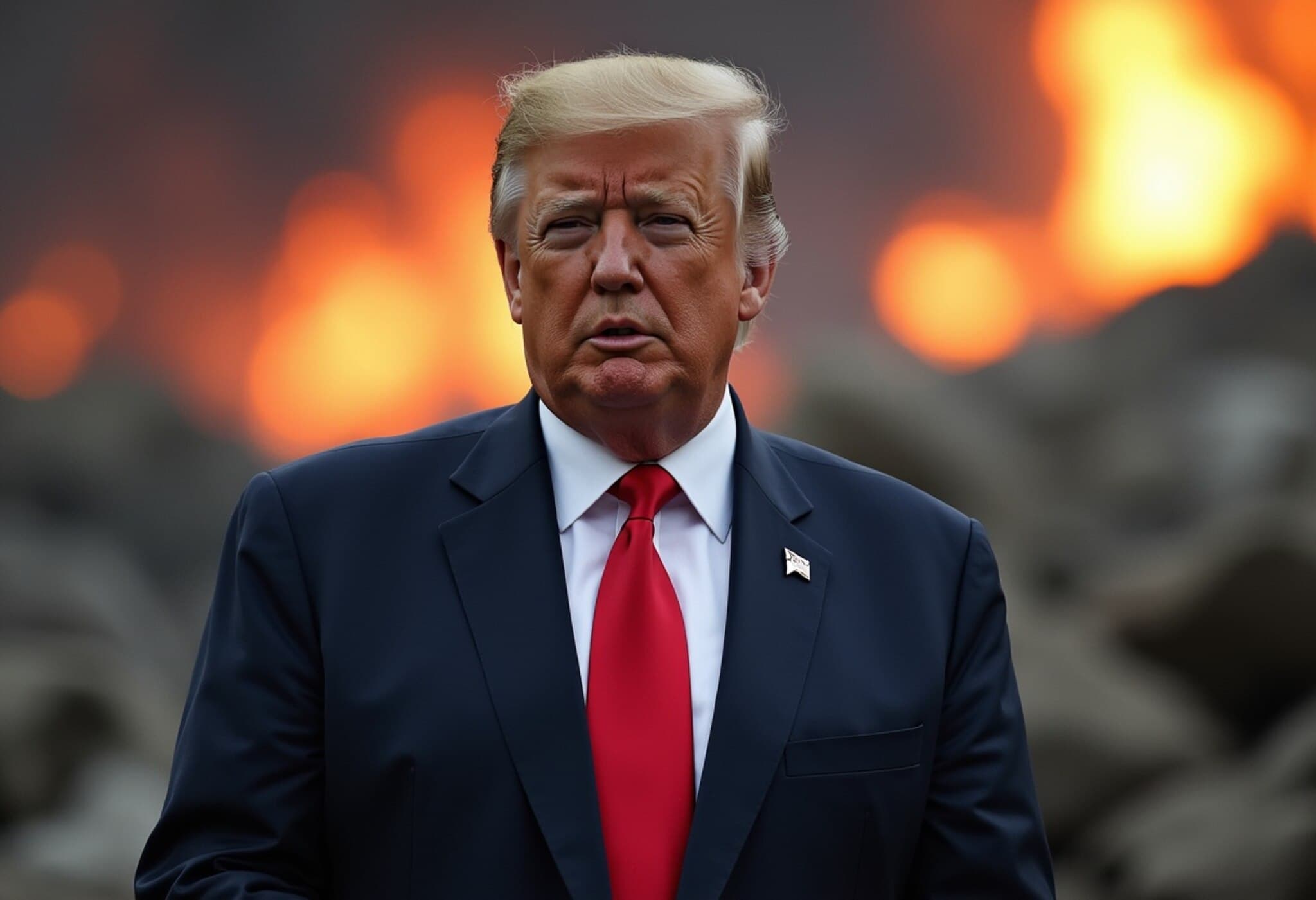Trump Issues Stark Warning to Iran Following Deadly Israeli Strikes
In a firm and ominous message delivered shortly after a series of Israeli airstrikes that killed key Iranian military and nuclear leaders, former U.S. President Trump urged Tehran to "just do it"—sign a nuclear agreement before it’s too late. His remarks came next to news confirming the deaths of some of Iran’s most influential commanders and scientists, marking a sharp escalation in Middle Eastern tensions.
Escalation as Israel Targets Iran’s Nuclear and Military Leaders
The Israeli Air Force launched an extensive operation involving over 200 fighter jets, striking more than 100 targets deep inside Iran. Among those reportedly killed were Iran’s armed forces chief Mohammad Bagheri and Revolutionary Guards commander Hossein Salami. Additionally, six nuclear scientists, including personnel at the Natanz enrichment facility, lost their lives in the strikes.
Prime Minister Benjamin Netanyahu vowed the campaign would continue "as many days as it takes," emphasizing that Israel aimed to significantly disrupt Iran’s nuclear ambitions, which he claimed were nearing a critical threshold.
Tehran’s Defiant Response and Rising Regional Tension
Iran’s supreme leader, Ayatollah Ali Khamenei, pledged a "bitter and painful" retaliation against Israel, describing the attacks as a "declaration of war." Iranian state media reported civilian casualties and damage to multiple buildings, including in Tehran, following what appeared to be precision strikes.
In a letter to the United Nations, Iran’s Foreign Minister called for an emergency response to what he described as an act of aggression. Iranian military officials warned their retaliation would know "no limits," foreshadowing a potentially dangerous escalation.
Trump's Message: Diplomacy or Destruction
On social media and interviews, Trump asserted he had previously urged Iran to negotiate a nuclear deal, claiming that many hardliners opposing such steps “are all dead now.” He warned that the "next already planned attacks" would be even more destructive if Tehran refused to come to the table. His blunt message was clear: "Just do it, before it is too late."
Despite the military violence, Trump insisted that diplomacy remained possible, stressing the urgency for Iran to act swiftly to prevent further devastation.
Regional Fallout: Closures, Flight Suspensions, and Market Impact
The strikes prompted immediate regional disruptions. Israel declared a state of emergency and closed its airspace. Neighboring countries, including Jordan, Iraq, and Iran, suspended commercial flights, and Gulf airlines canceled operations across affected territories. Tehran’s main international airport shut down, leading to long queues for fuel throughout the Iranian capital.
Global oil prices surged amid uncertainty, and heightened security concerns gripped the region as authorities prepared for potential retaliation and instability.
International Dynamics and Potential for Wider Conflict
The attacks come amid ongoing hostilities in the region, including Israel’s ongoing conflict in Gaza and confrontations with Iran-backed groups in Lebanon and Yemen. The United States maintains it was not directly involved in the strikes, though Trump admitted he was informed beforehand.
Meanwhile, U.S. officials urge Tehran to avoid dragging Washington into the conflict, with warnings issued against escalating tensions further. Despite these warnings, the prospect of a broader regional conflict remains a pressing concern.
Looking Ahead: Diplomacy on a Knife-Edge
With the Middle East on edge, the coming days will be critical. Trump’s appeal for Iran to seize what he describes as a final opportunity for peace underscores the delicate balance between diplomacy and destruction. Whether Tehran chooses dialogue or escalates retaliation could shape the region’s trajectory for years to come.

